Breaking research in AACC's Clinical Chemistry journal shows that two new tests accurately diagnose coronavirus infection in about 1 hour. These tests could play a critical role in halting this deadly outbreak by enabling healthcare workers to isolate and treat patients much faster than is currently possible.
Since the coronavirus emerged in Wuhan, China last month, this pneumonia-like illness has spread at an alarming rate. Just yesterday, the World Health Organization officially declared the outbreak a public health emergency, and as of today, the virus has infected nearly 10,000 people in China, with the death toll soaring to more than 200. More cases continue to appear around the globe, with six coronavirus cases already confirmed in the U.S. In order to contain this pandemic, healthcare workers need to quickly and accurately identify new coronavirus cases so that patients get crucial medical care and transmission can be halted. However, the Chinese labs that can test for coronavirus are currently overwhelmed. There are reports of hospitals in Wuhan having to deny testing for severely ill patients, who are then also denied full-time admission because beds need to be saved for those with confirmed diagnoses. Partly as a result of these testing difficulties, researchers estimate that only 5.1% of coronavirus cases in Wuhan have actually been caught.
A team of researchers led by Leo L.M. Poon, DPhil, of the University of Hong Kong has developed two rapid tests for the coronavirus that could break this diagnostic bottleneck. Using a technology known as real-time reverse transcription-polymerase chain reaction (RT-PCR), the tests detect two gene regions that are only found in the Wuhan coronavirus (officially known as 2019-novel-coronavirus) and in other closely related coronaviruses such as SARS. The two gene regions detected by the tests are known as ORF1b and N. Significantly, both tests also take only about 1 hour and 15 minutes to run. This fast turnaround time could enable Chinese labs to greatly increase patient access to coronavirus testing.
To evaluate the performance of these tests, Poon's team first confirmed that the tests accurately identify genetic material extracted from cells infected with the SARS coronavirus. The researchers also showed that the tests return negative results for samples containing genetic material from other respiratory viruses, demonstrating that the tests accurately differentiate coronavirus infection from other causes of pneumonia. Lastly, Poon's team used the tests to analyze sputum and throat swab samples from two patients infected with the 2019-novel-coronavirus. The tests correctly gave positive results for both patients.
"Signs of [coronavirus] infection are highly non-specific and these include respiratory symptoms, fever, cough, [shortness of breath], and viral pneumonia," said Poon. "Thus, diagnostic tests specific for this infection are urgently needed for confirming suspected cases, screening patients, and conducting virus surveillance. The established assays [in this study] can achieve rapid detection of 2019-novel-coronavirus in human samples, thereby allowing early identification of patients."
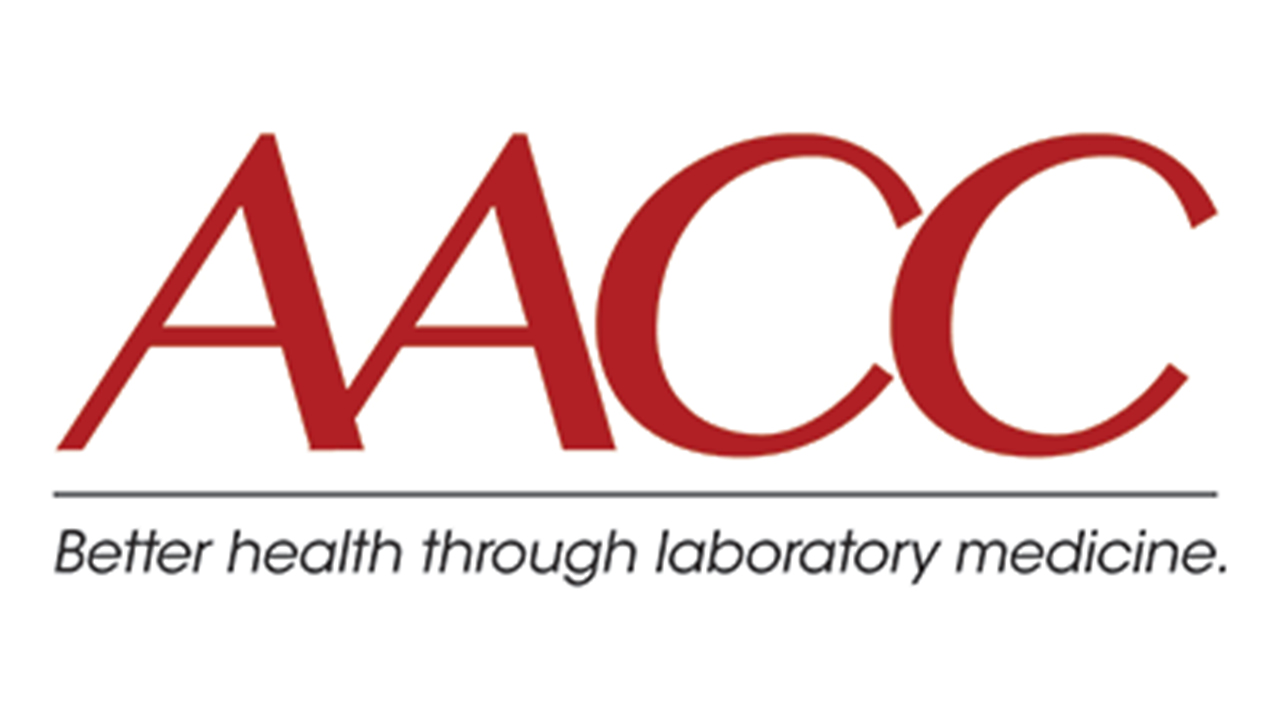
 Findings on the tests' performance published today in AACC's Clinical Chemistry Journal
Findings on the tests' performance published today in AACC's Clinical Chemistry Journal





.png)

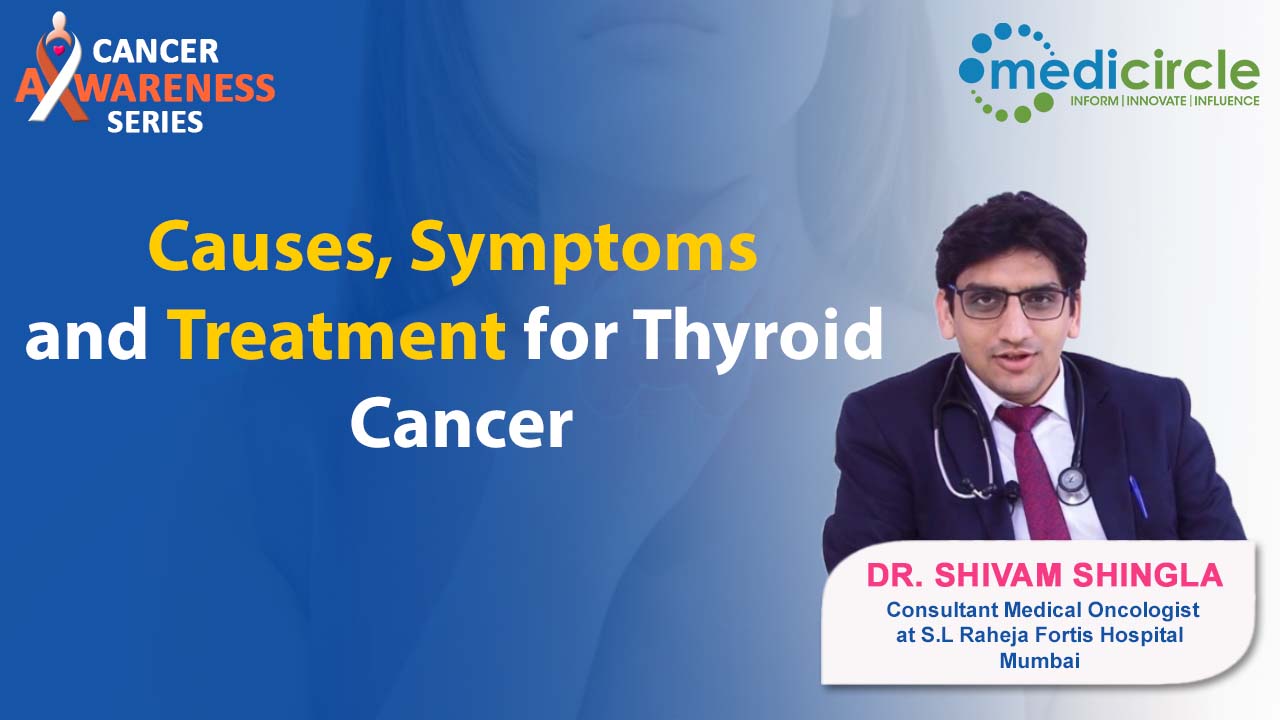

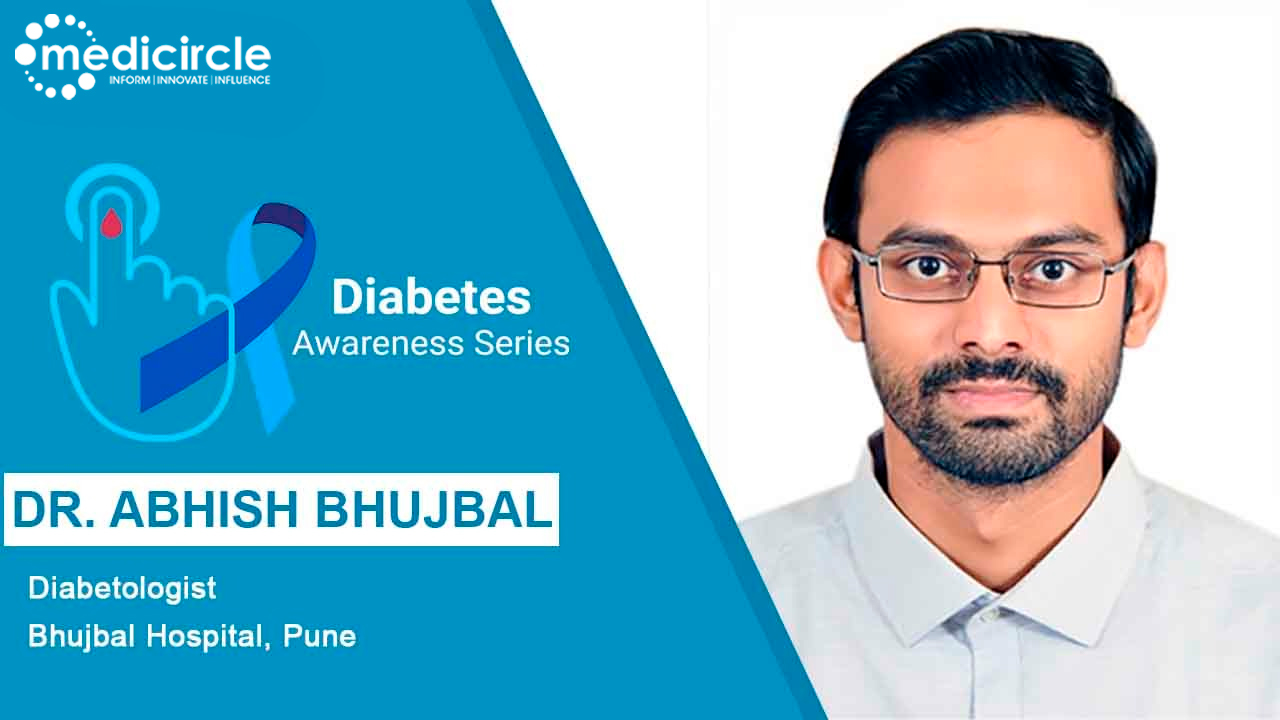
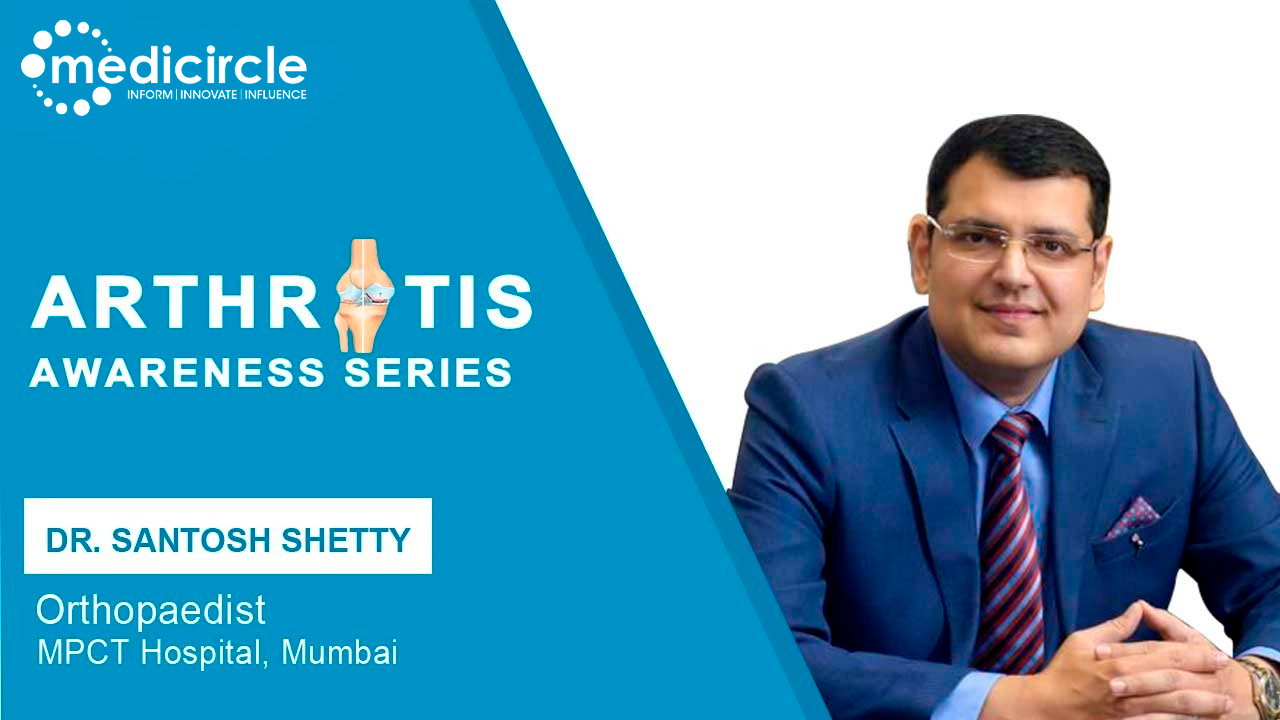

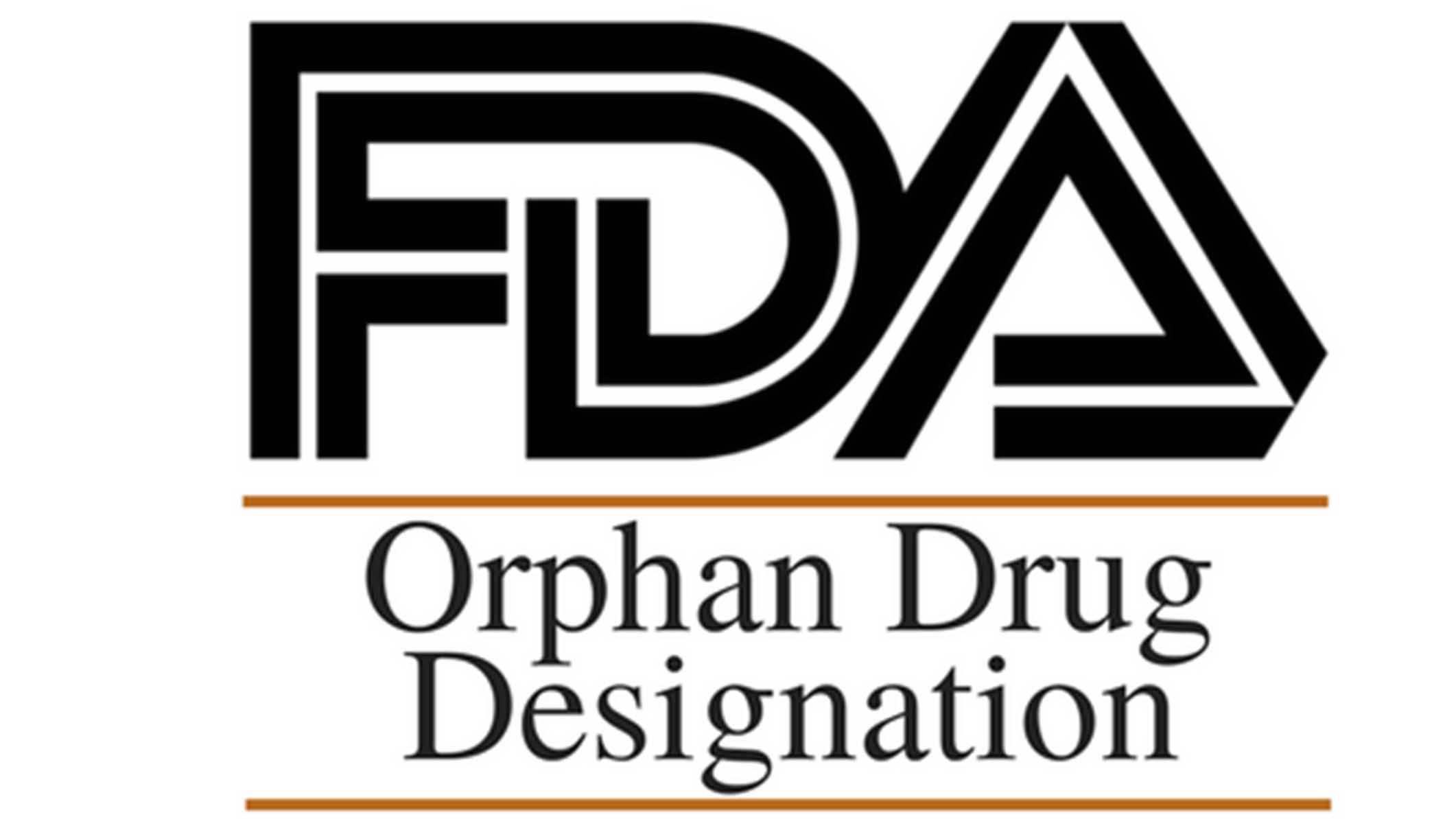







.jpeg)


.jpeg)



.jpeg)
.jpeg)






.jpeg)





